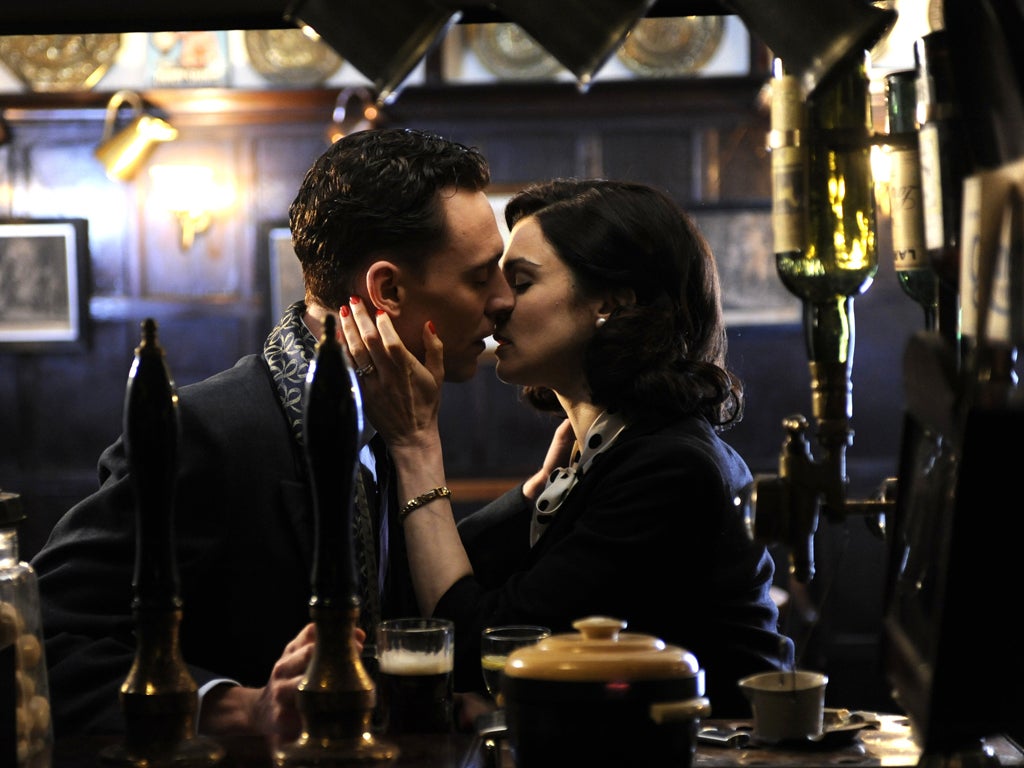Heads Up: The Deep blue sea
Terence takes on Terence (with a little help from Rachel)

Your support helps us to tell the story
From reproductive rights to climate change to Big Tech, The Independent is on the ground when the story is developing. Whether it's investigating the financials of Elon Musk's pro-Trump PAC or producing our latest documentary, 'The A Word', which shines a light on the American women fighting for reproductive rights, we know how important it is to parse out the facts from the messaging.
At such a critical moment in US history, we need reporters on the ground. Your donation allows us to keep sending journalists to speak to both sides of the story.
The Independent is trusted by Americans across the entire political spectrum. And unlike many other quality news outlets, we choose not to lock Americans out of our reporting and analysis with paywalls. We believe quality journalism should be available to everyone, paid for by those who can afford it.
Your support makes all the difference.What are we talking about?
A new film adaptation of Terence Rattigan's 1952 play.
Elevator pitch
A tale of two Terences – Davies dives in deep.
Prime movers
It's adapted and directed by Terence Davies, his first narrative movie since his version of Edith Wharton's House of Mirth 11 years ago.
The stars
Rachel Weisz plays Hester, Simon Russell Beale is her older husband William and Tom Hiddleston completes the triangle as her young lover Freddie.
The early buzz
Having closed the London Film Festival and screened at Toronto, the critics have been able to fathom its depths already. There have been fans. At Toronto, Time fruitily deemed it "a museum of emotions, brought to contemporary life through Davies' artistry and Weisz's fire", and Time Out was also impressed: "[Davies'] style is always lush and fragmentary, but here there's a real sense of old-Hollywood craftsmanship." In London, Derek Malcolm of the Evening Standard called it a "fine example of how to turn theatre into film". But for others it was all too stage-bound. Robbie Collin in The Daily Telegraph said: "This is a theatrical rather than cinematic work ... there's something about the sheer theatricality of [the] performances here that feels too stagey". Catherine Shorad in The Guardian also criticised it for being over-faithful, using plot devices "that might be forgivable from the stalls, but on screen they groan". Most people, however, are in agreement that Weisz gives one of the best performances of her career; she is roundly praised with terms such as "eloquent" and "luminous".
Insider knowledge
The Deep Blue Sea was inspired by the suicide of a former lover of Rattigan's – though it was, in fact, a male lover rather than, as in the opening scenes of the play/film, a young woman who attempts suicide. Rattigan never publicly admitted to being gay.
It's great that...
It lands in the centenary year of Rattigan's birth.
It's a shame that...
This film may not win over movie-goers to the playwright's work. Its pace has been compared to that of a snail...
Hit potential
May well be popular with the quality cinema crowd and those for whom "faithful" is the highest praise you can give an adaptation. But it's pretty unlikely to do a King's Speech or smash any box-office records.
The details
The Deep Blue Sea is in cinemas from 25 Nov.
Join our commenting forum
Join thought-provoking conversations, follow other Independent readers and see their replies
Comments